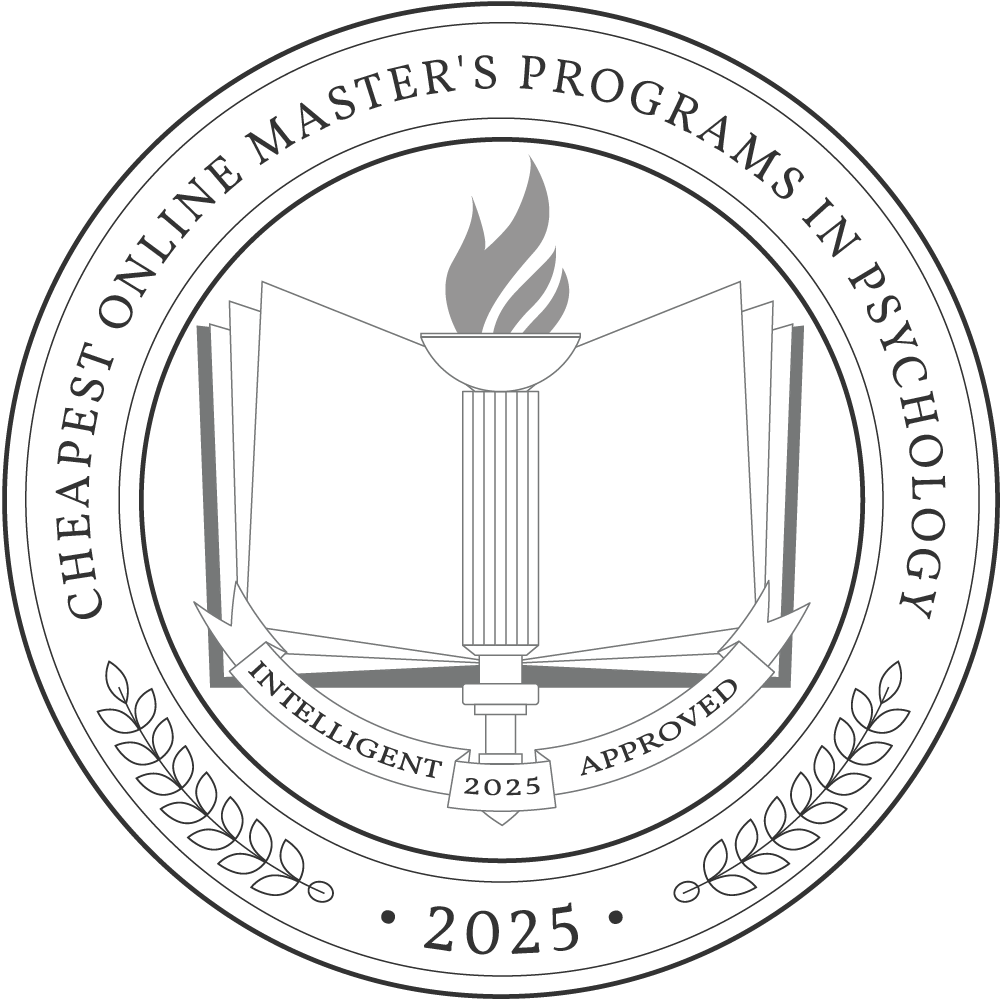Earning a master’s degree in psychology can be a life-changing and fulfilling experience, opening doors to diverse career opportunities in counseling, research, education, and more. However, the cost of higher education often poses a significant hurdle for many aspiring students. We have created a list of affordable online master’s degree programs in psychology to help you achieve your academic goals without overspending.
This guide will explore various universities and institutions that offer cost-effective online programs, emphasizing quality education, flexible learning options, and reputable accreditation. Whether you are a working professional seeking career advancement or an individual passionate about understanding the human mind, this resource will help you make an informed decision and embark on an affordable path toward earning your master’s degree in psychology.
Why Trust Us
The Intelligent.com Higher Education Team is dedicated to providing students with independent, equitable school and program rankings and well-researched resources. Our expert-driven articles cover topics related to online colleges and programs, paying for school, and career outlooks. We use data from the U.S. Department of Education’s College Scorecard, the National Center for Education Statistics, and other reputable educational and professional organizations. Our academic advisory team reviews content and verifies accuracy throughout the year for the most current information. Partnerships do not influence rankings or editorial decisions.
- Analyzed over 2,000 national, accredited, and nonprofit colleges and universities
- 800+ rankings pages are reviewed and updated yearly
- Content is informed by reputable sources, surveys, and interviews with academic advisors and other experts
- Over 100 data points are reviewed for accuracy and quality throughout the year, including sources
How we rank schools
Our list features the cheapest online master’s degree programs in Psychology at top colleges nationwide. Each school featured is a nonprofit, accredited institution — either public or private — with a high standard of academic quality for post-secondary institutions.
We evaluated each school’s program on tuition costs, admission, retention and graduation rates, faculty, reputation, and the student resources provided for online students. We collected data from trusted sources like the National Center for Education Statistics, individual school and program websites, school admissions counselors, and other data sources. Then, we calculated the Intelligent Score on a scale of 0 to 100 based on the following criterion:
Academic Quality:
- Admission rate versus enrollment rate
- Retention rate of students who return after year one
- Accreditation status (regional and programmatic)
- Nonprofit status, both private and public institutions
Graduation Rate
- Overall graduation rate
- Total number of currently enrolled students, including diversity metrics
- Student-to-faculty ratio
Cost and ROI
- In-state and out-of-state per-credit tuition rates and fees
- Required credits to graduate
- Earning potential after graduation
- Availability of federal student loans, scholarships, and other financial aid options
Student Resources
- Available student services for online-only and hybrid programs
- On-campus amenities like tutoring centers and the number of libraries
Read more about our ranking methodology.
Best 44 Cheapest Online Master's Degree In Psychology Programs
FiltersInstitution Type
Status
- Intelligent Score
- Alphabetically By University Name
- Acceptance Rate
- Enrollment
- In-state Graduate Tuition
- Out-of-state Graduate Tuition
- In-state Undergraduate Tuition
- Out-of-state Undergraduate Tuition
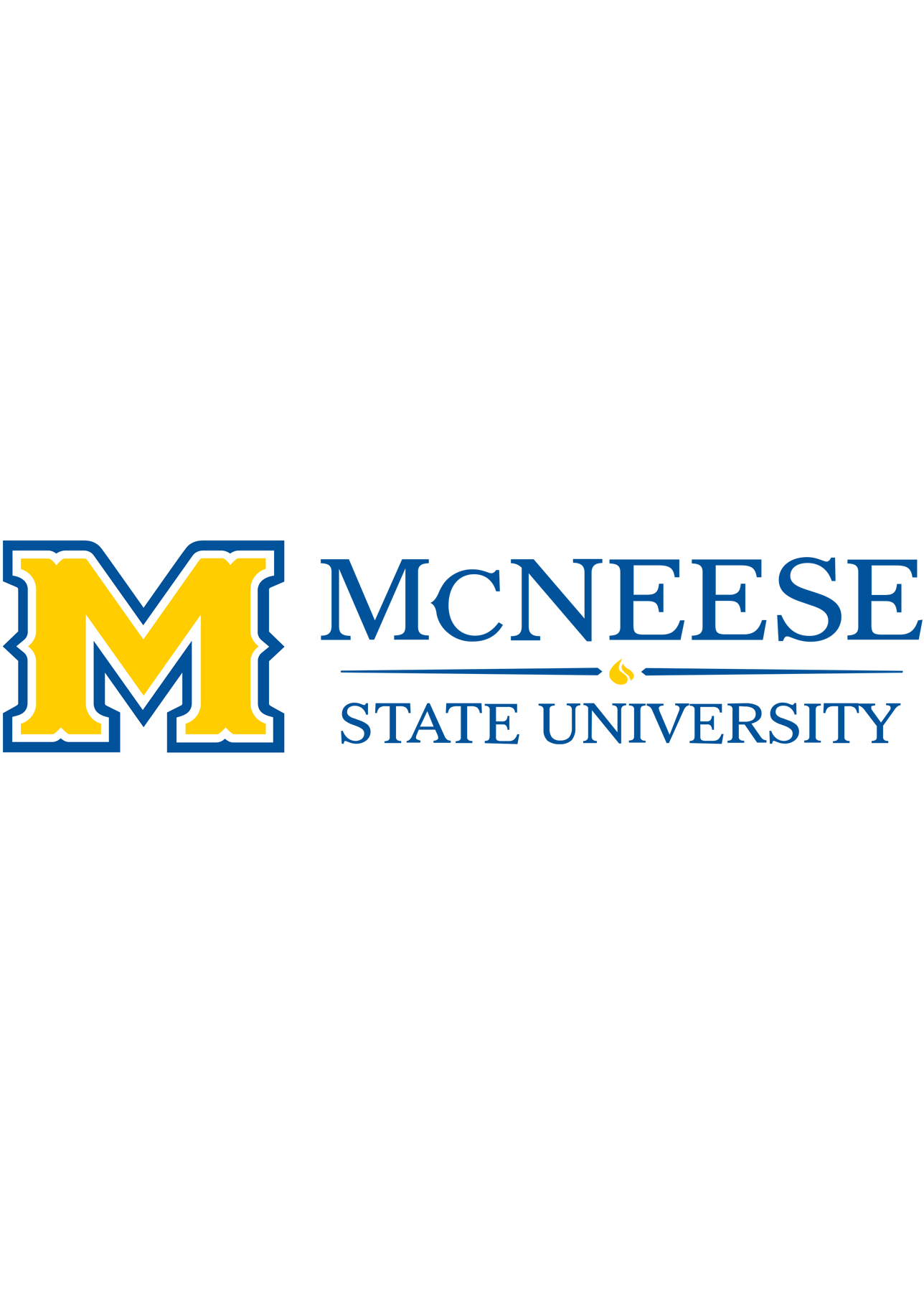
McNeese State University
Intelligent Score: 99.86In-state: $5,147
Out-of-state: $13,185
In-state: $5,703
Out-of-state: $5,703
SAT: 1050-1240
ACT: 20-25
In-State: $317
Out-of-State: $372
Online, On-Campus
Southern Association of Colleges and Schools Commission on Colleges
58

Angelo State University
Intelligent Score: 98.88In-state: $4,412
Out-of-state: $14,228
In-state: $4,119
Out-of-state: $4,119
SAT: 920-1120
ACT: 17-23
In-State: $232
Out-of-State: $642
Online
Southern Association of Colleges and Schools Commission on Colleges
36

Fort Hays State University
Intelligent Score: 97.72In-state: $4,140
Out-of-state: $14,580
In-state: $3,726
Out-of-state: $3,726
SAT: N/A
ACT: N/A
$319
Online, On-Campus
Higher Learning Commission
66

University of Louisiana Monroe
Intelligent Score: 97.24In-state: $5,407
Out-of-state: $19,135
In-state: $5,511
Out-of-state: $5,511
SAT: 1000-1210
ACT: 20-26
$500
Online
Southern Association of Colleges and Schools Commission on Colleges
36

Arizona State University
Intelligent Score: 97.10In-state: $10,710
Out-of-state: $28,800
In-state: $11,720
Out-of-state: $11,720
SAT: 1100-1320
ACT: 21-28
$576
Online
Higher Learning Commission
36
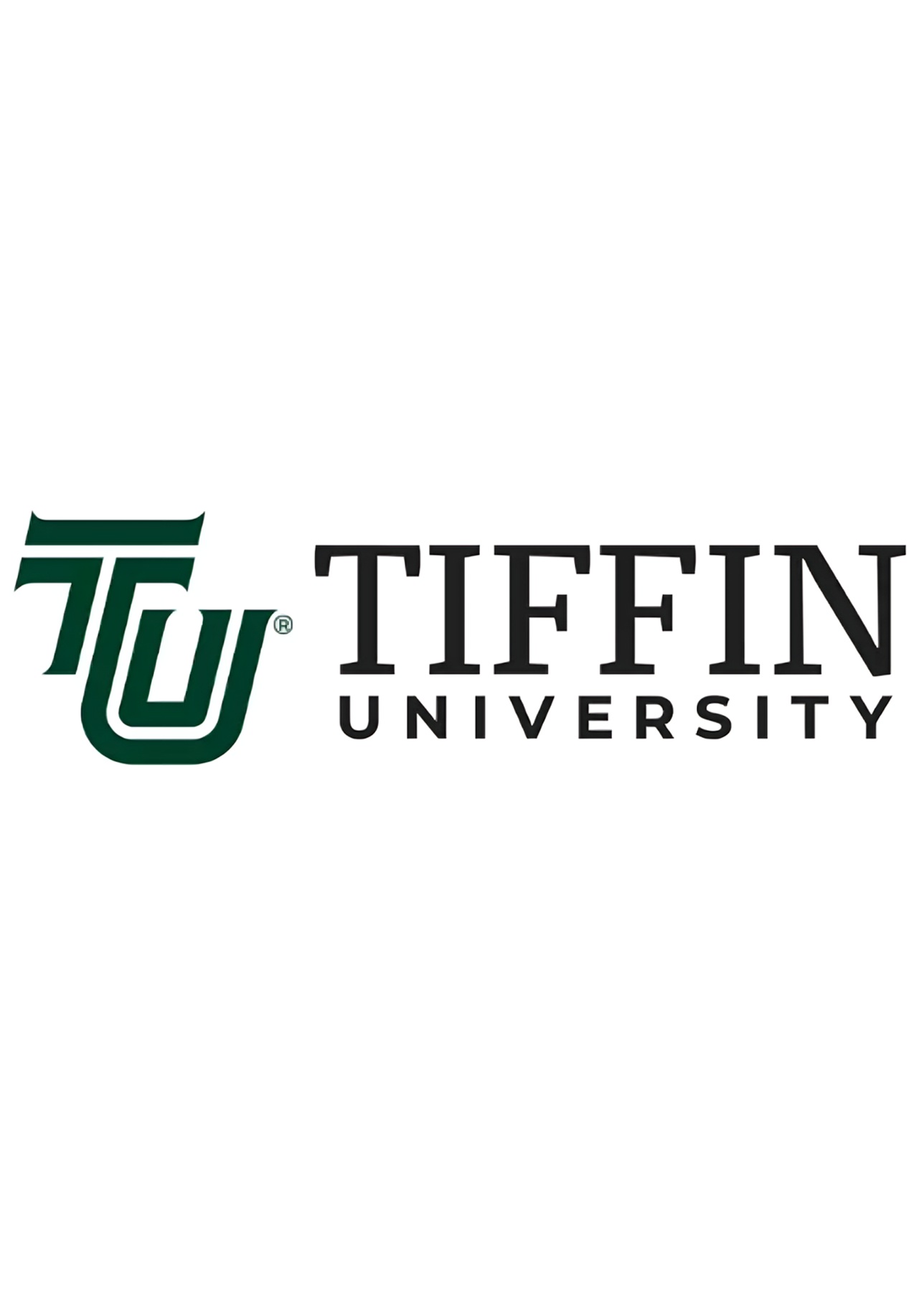
Tiffin University
Intelligent Score: 96.99In-state: $27,210
Out-of-state: $27,210
In-state: $12,600
Out-of-state: $12,600
SAT: N/A
ACT: N/A
$630
Online
Higher Learning Commission
41

Fayetteville State University
Intelligent Score: 96.61In-state: $2,982
Out-of-state: $14,590
In-state: $3,438
Out-of-state: $3,438
SAT: 840-1000
ACT: 16-20
Resident: $191
Non-Resident: $806
Online
Southern Association of Colleges and Schools Commission on Colleges
36

Ball State University
Intelligent Score: 96.24In-state: $9,482
Out-of-state: $26,470
In-state: $9,328
Out-of-state: $9,328
SAT: N/A
ACT: N/A
In-State: $464
Out-of-State: $696
Online
Higher Learning Commission
30

Indiana Tech
Intelligent Score: 95.72In-state: $27,530
Out-of-state: $27,530
In-state: $10,026
Out-of-state: $10,026
SAT: N/A
ACT: N/A
$545
Online
Higher Learning Commission
33

Union College
Intelligent Score: 95.42In-state: $26,330
Out-of-state: $26,330
In-state: $8,160
Out-of-state: $8,160
SAT: N/A
ACT: 17-22
$370
Online, Hybrid
Southern Association of Colleges and Schools Commission on Colleges
36-60
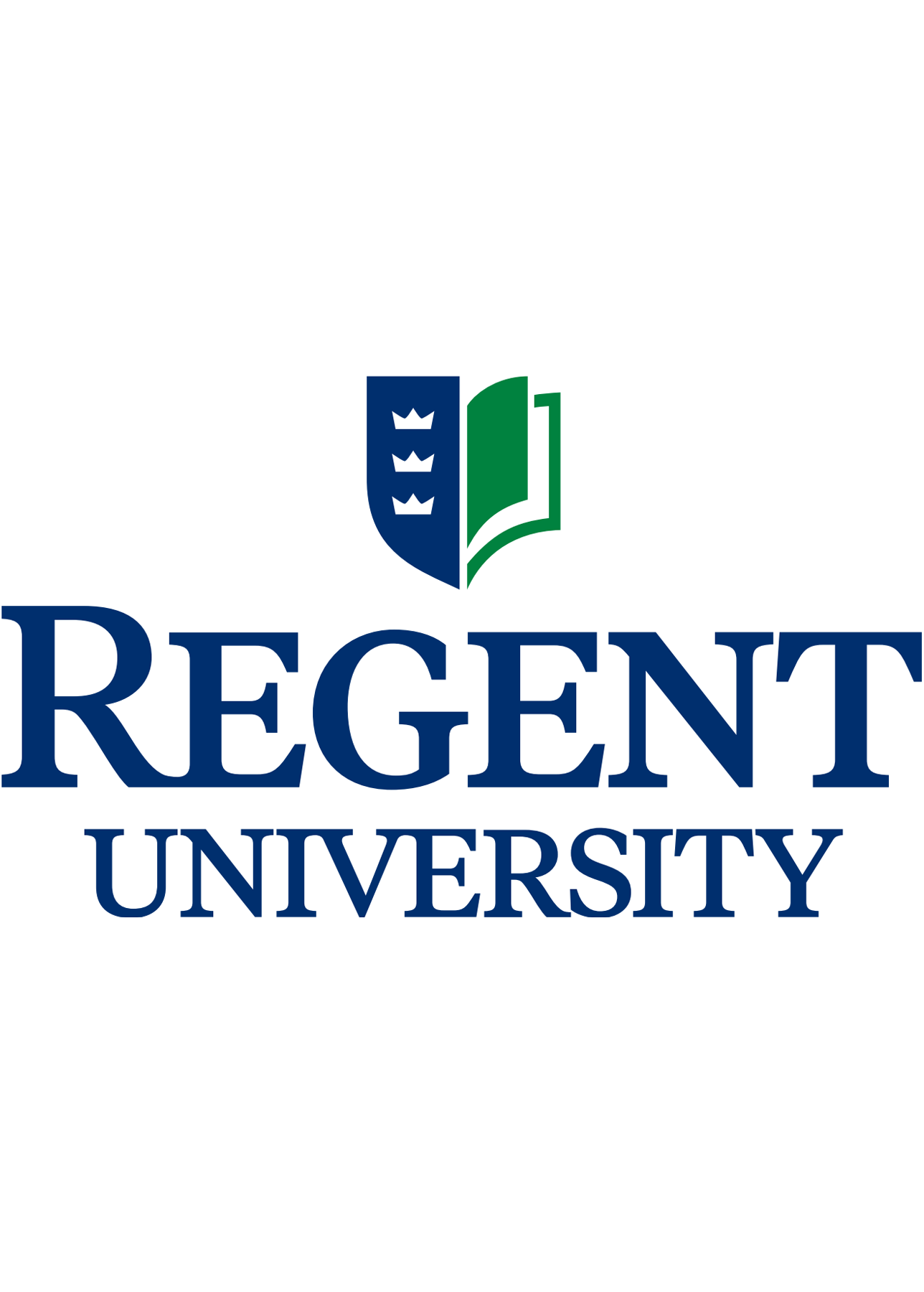
Regent University
Intelligent Score: 95.20In-state: $17,220
Out-of-state: $17,220
In-state: $15,552
Out-of-state: $15,552
SAT: 940-1220
ACT: 21-29
$695
Online
Southern Association of Colleges and Schools Commission on Colleges
39
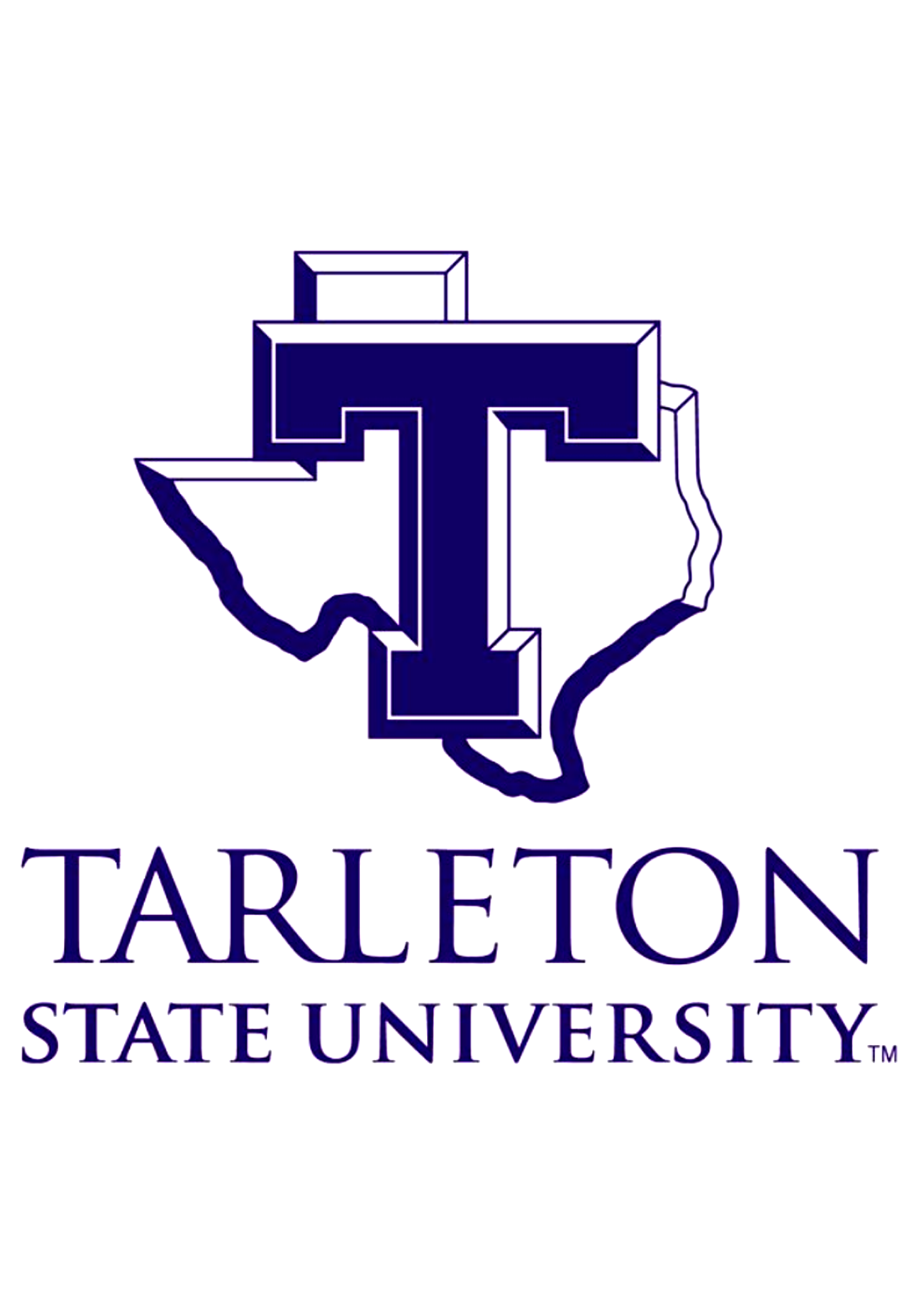
Tarleton State University
Intelligent Score: 94.59In-state: $4,951
Out-of-state: $14,123
In-state: $4,248
Out-of-state: $4,248
SAT: 940-1120
ACT: 18-23
Resident: $242
Non-Resident: $652
Hybrid, On-Campus
Southern Association of Colleges and Schools Commission on Colleges
30

Liberty University
Intelligent Score: 94.25In-state: $14,791
Out-of-state: $14,791
In-state: $7,935
Out-of-state: $7,935
SAT: 1040-1250
ACT: 21-29
$565
Online
Southern Association of Colleges and Schools Commission on Colleges
36

University of South Dakota
Intelligent Score: 93.68In-state: $7,697
Out-of-state: $11,172
In-state: $6,062
Out-of-state: $6,062
SAT: 1000-1245
ACT: 20-25
$470
Online, On-Campus
Higher Learning Commission
33

Southern New Hampshire University
Intelligent Score: 93.13In-state: $9,600
Out-of-state: $9,600
In-state: $18,810
Out-of-state: $18,810
SAT: N/A
ACT: N/A
$637
Online
New England Commission of Higher Education
36

University of West Alabama
Intelligent Score: 92.95In-state: $9,100
Out-of-state: $18,200
In-state: $6,678
Out-of-state: $6,678
SAT: N/A
ACT: 17-22
$429
Online
Southern Association of Colleges and Schools Commission on Colleges
36-57

University of Nevada, Las Vegas
Intelligent Score: 92.78In-state: $7,901
Out-of-state: $23,554
In-state: $5,657
Out-of-state: $5,657
SAT: 1060-1260
ACT: 20-26
$344
Online
Northwest Commission on Colleges and Universities.
33

University of Southern Maine
Intelligent Score: 91.15In-state: $8,064
Out-of-state: $21,532
In-state: $7,776
Out-of-state: $7,776
SAT: 958-1160
ACT: 20-25
In-State: $459
Out-of-State: $1,390
Hybrid
New England Commission of Higher Education
67
Cost Breakdown for an Online Master’s in Psychology Program
It’s helpful to understand the costs associated with this degree to choose an online master’s degree in psychology that fits your budget.
- Tuition: This is the primary cost associated with online degrees. Tuition is typically assessed based on how many credits a student takes per term. Full-time students often pay a flat, per-term tuition rate, while part-time students pay per credit hour. Tuition varies from school to school. For the most accurate information, students should consult with their school’s financial aid office to determine their tuition rate, how tuition is assessed, and what payment options students have.
- Fees: Most schools charge additional fees to cover expenses not subsidized by tuition. For example, online students may be charged a virtual classroom technology fee to pay for online course platforms or tech support. Students in psychology programs may also be required to pay for background checks and clearances to complete internship and practicum requirements.
- Personal technology: Reliable hardware and internet access are essential for success in an online degree program. Before beginning your program, determine if you need to upgrade your computer, webcam, microphone, or internet service to ensure everything will work smoothly throughout it. Check with your school to find out if they partner with any retailers or companies to offer students discounts on essential tech supplies.
- Books and supplies: Even in online programs, students will still need textbooks and other learning materials, either in hard copy or digital formats. The Education Data Initiative reports that the average postsecondary student spent between $628 and $1,200 for books and supplies during the 2021-2022 academic year. If your program requires an internship, you may also need to purchase business attire and pay for transportation costs to the internship site.
Factors Influencing the Cost of an Online Master’s in Psychology Program
Multiple factors come into play when schools determine their tuition rates.
Public vs. private institution
Public colleges receive state tax dollars to fund their operations. Therefore, resident students pay a lower tuition rate than out-of-state students, because their taxes have already subsidized their education. However, many online programs offer in-state tuition rates to all students, regardless of where they reside. Meanwhile, private colleges charge all students, regardless of residency, the same tuition rate, because they don’t receive any tax revenue and rely more on tuition as a source of revenue. This is why private schools typically cost more than public colleges.
Nonprofit vs. for-profit
Another college classification status is non-profit and for-profit. All public and most private universities are non-profit, which means they must reinvest revenue into the institution through faculty and staff salaries, infrastructure, student services, and more. For-profit schools operate like corporations, with the primary goal of earning a profit. Tuition rates may be lower at these types of colleges, but because for-profit schools typically invest less in faculty, infrastructure, and other student resources, they may offer a different quality of education than non-profit schools. Students considering for-profit schools should carefully review how the institution invests its money and its student outcomes.
Student military status
Many schools offer discounted tuition rates to students who are currently serving in the military or are veterans. Spouses and children of active-duty service members and veterans may also be eligible for special tuition rates. Students who think they might be eligible should consult the school’s financial aid office for more information.
How to Pay for an Online Master’s in Psychology Program
Out-of-pocket
When students and families use their own money to pay for tuition and other education-related expenses, it’s considered paying ‘out-of-pocket.’ It’s common for students to pay some tuition out-of-pocket while using loans, scholarships, and other funding sources to supplement these payments. If you or your family will be paying tuition out-of-pocket, inquire with the school’s financial aid office about payment plans, which spread tuition payments out over the term instead of requiring you to pay in one lump sum.
Federal student loans
The U.S. Department of Education’s federal student loan program offers graduate students Direct Unsubsidized Loans and Graduate PLUS Loans. Congress sets the interest rates and repayment terms for federal student loans, making them generally more favorable than private education loans. Students must submit the Free Application for Federal Student Aid (FAFSA) to apply for federal student loans. The Ultimate FAFSA Guide offers additional information about applying for student loans and completing the FAFSA.
Private education loans
Another option for borrowing money to pay for an online master’s in psychology is private education loans from lenders like Ascent, SoFi, and Sallie Mae. Lenders set the interest rates and repayment terms for private education loans based on current market rates and a borrower’s credit history, so loan terms will vary widely. Because of this, students should only use private education loans if they’ve exhausted all other financial aid avenues.
Scholarships
Scholarships don’t need to be repaid, making them a valuable resource for reducing the overall cost of education. Several scholarships are available specifically for students earning a master’s in psychology, including from the American Psychological Association (APA) and Psi Chi, the International Honor Society in Psychology. Additionally, schools, professional organizations, community and religious groups, and private endowments offer scholarships. Some scholarships are awarded based on financial need, while others are based on academic, athletic, or extracurricular achievements.
Grants
Grants are another form of gift aid primarily awarded based on financial need. Most schools and states offer grant money to graduate students. Students must typically complete their FAFSA to be considered for grants.
Work-study
Work-study programs provide opportunities for students to work part-time for their college, either on campus or remotely. This type of financial aid is available through the Federal Work-Study program. Students receive at least the minimum wage for work-study positions, although many pay more, especially for graduate students. To apply, submit the Free Application for Federal Student Aid (FAFSA) and indicate an interest in work-study.
Employer tuition assistance
If you intend to work while earning your online master’s in psychology degree, determine if your employer offers tuition assistance benefits to help employees offset education costs. The exact terms of these benefits vary by employer, but typically, employers will reimburse employees for some or all of their tuition and education expenses after the successful completion of a course or degree program.
What Can You Do With an Online Master’s in Psychology?
An online master’s degree in psychology is a versatile degree that can lead to various career paths in industries, including healthcare, business, education, social and human services, and more.
Students interested in working as clinical or research psychologists must earn a doctorate in psychology after completing their master’s program to qualify for professional licensure. Clinical psychologists work directly with patients to diagnose and treat a range of mental and behavioral health issues. Psychologists focusing on research study patients and treatment methods to develop new theories and ways of addressing psychological issues.
Non-clinical psychologists can work in schools, child and family services organizations, hospitals, government and law enforcement agencies, and non-profits. Knowledge of psychological practices and principles is also valuable in several business sectors, including human resources, marketing, and organizational leadership.
Career Outlook
- Market Research Analyst: Gather and study data on consumer buying habits, demographics, needs, and preferences to help a company promote its products or services.
- Median annual salary: $74,680
- Projected employment growth (through 2032): 13%
- New jobs projected: 94,600 per year
- Substance abuse, mental health, and behavioral disorder counselor: Advise people on a range of issues related to mental health and behavioral challenges and provide support, including for prevention, to help clients recover from addiction, modify problem behaviors, or improve mental health.
- Median annual salary: $53,710
- Projected employment growth (through 2031): 18%
- New jobs projected: 42,000 per year
- Licensed Psychologist (with further education): After completing a Ph.D. or a Psy.D. and obtaining licensure, graduates can work as psychologists in clinical, counseling, or research roles.
- Median annual salary: $92,740
- Projected employment growth (through 2032): 6%
- New jobs projected: 12,800
How to Choose the Online Master’s in Psychology Program That’s Right for You
Clarify your needs and goals
Identifying your career goals and personal needs can help facilitate a smoother, more efficient search for an online master’s in psychology.
Consider different specialization options for the psychology field, including counseling psychology, forensic psychology, industrial/organizational psychology, and educational psychology. The type of specialization you’re interested in pursuing can influence the schools you explore. You may also want to consider topics you’re interested in researching, so you can find programs with curriculums, faculty, and clinical experiences that align with your interests.
Determine what type of program will best suit your life and learning style. Asynchronous programs offer the most flexibility, as they don’t have any pre-scheduled class meetings. However, students must be accountable and self-motivated to succeed in this learning format. Students who learn best through real-time interaction may be better suited to a synchronous program with virtual class meetings.
Research schools and programs
Once you’ve determined the criteria for your online master’s in psychology degree program, start researching programs that fit your parameters.
A school’s website is excellent for information about admissions requirements, cost, financial aid, curriculum, faculty, program delivery format, and clinical experiences. You can also contact the school’s admissions office to speak to an admissions counselor or participate in online open houses or information sessions, if available.
A key piece of information to collect while researching schools and programs is their accreditation status. Institutions should be accredited by a recognized accrediting body that ensures the institution meets specific quality and educational excellence standards. Individual psychology programs should be accredited by the APA Commission on Accreditation (APA-CoA) or the Masters in Psychology and Counseling Accreditation Council (MPCAC). Attending an accredited school and program is essential for receiving financial aid and pursuing further graduate study in psychology.
Additional information to gather while researching schools includes:
- What is the faculty-to-student ratio?
- Is there 24/7 tech support for online students?
- How are the online classes structured?
- What internship or practicum opportunities are available online?
- Are there opportunities for networking and collaboration with peers?
- Who are the faculty members, and what are their qualifications?
Review application and eligibility requirements
When researching schools, review each one’s application and eligibility requirements. Contact the school’s admissions office to speak to an admissions counselor if you need clarification.
Eligibility requirements vary by program. Some may require that students have a bachelor’s degree in psychology or specific psychology-focused coursework, while others are open to students of all educational backgrounds.
Application processes and requirements will also differ from program to program, but generally, you should expect to submit the following:
- Application and required fees
- Official transcripts from all previously attended colleges
- Letters of recommendation
- Statement of purpose
- Resume or CV
- GRE scores
